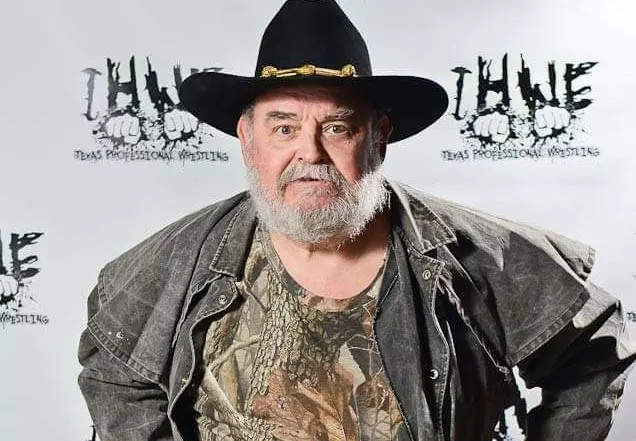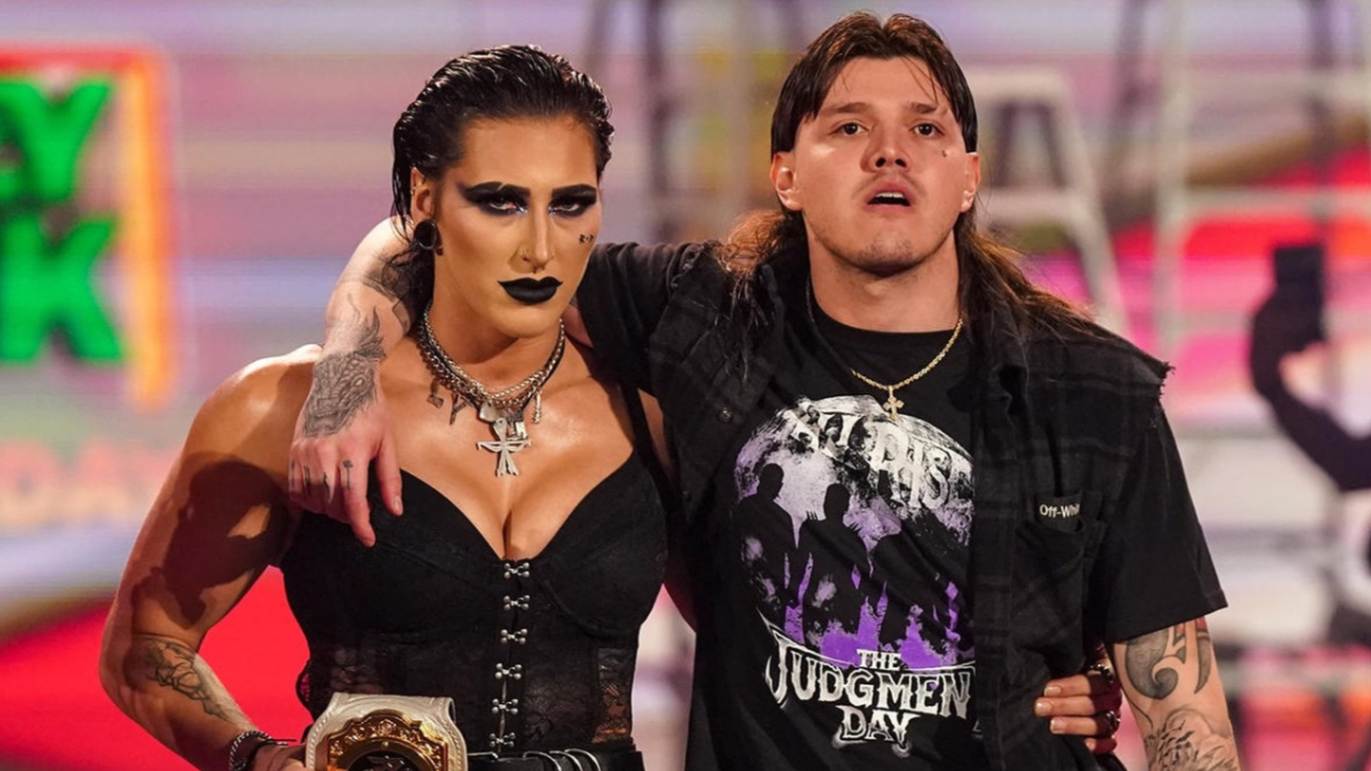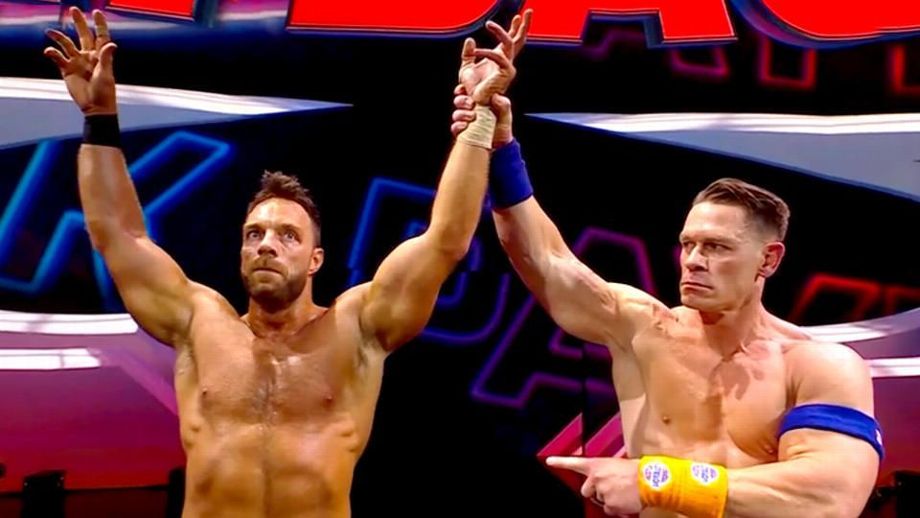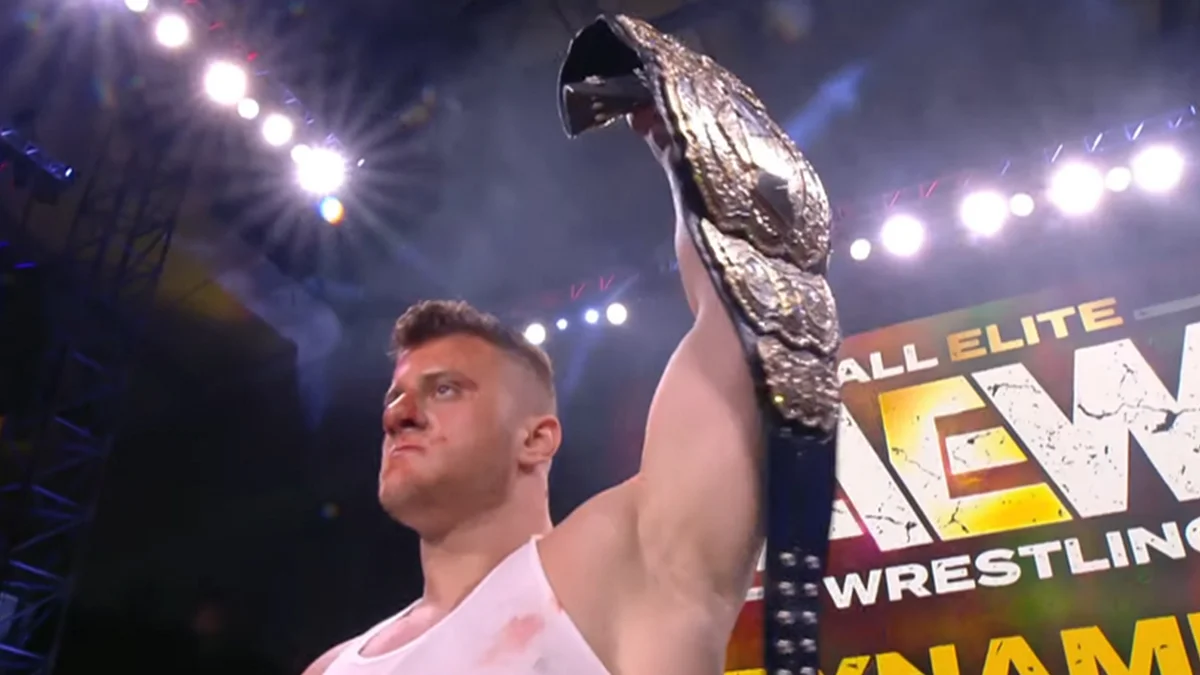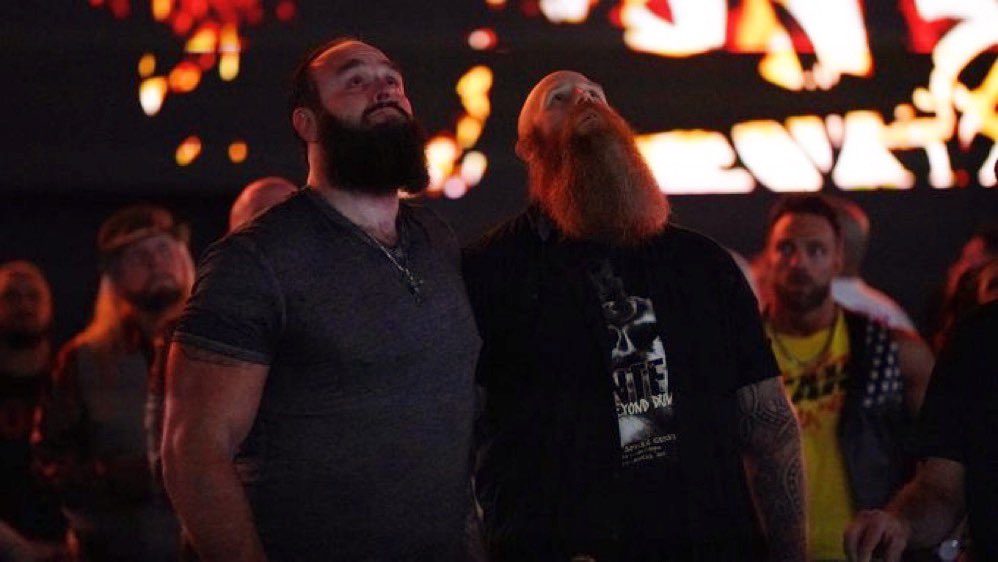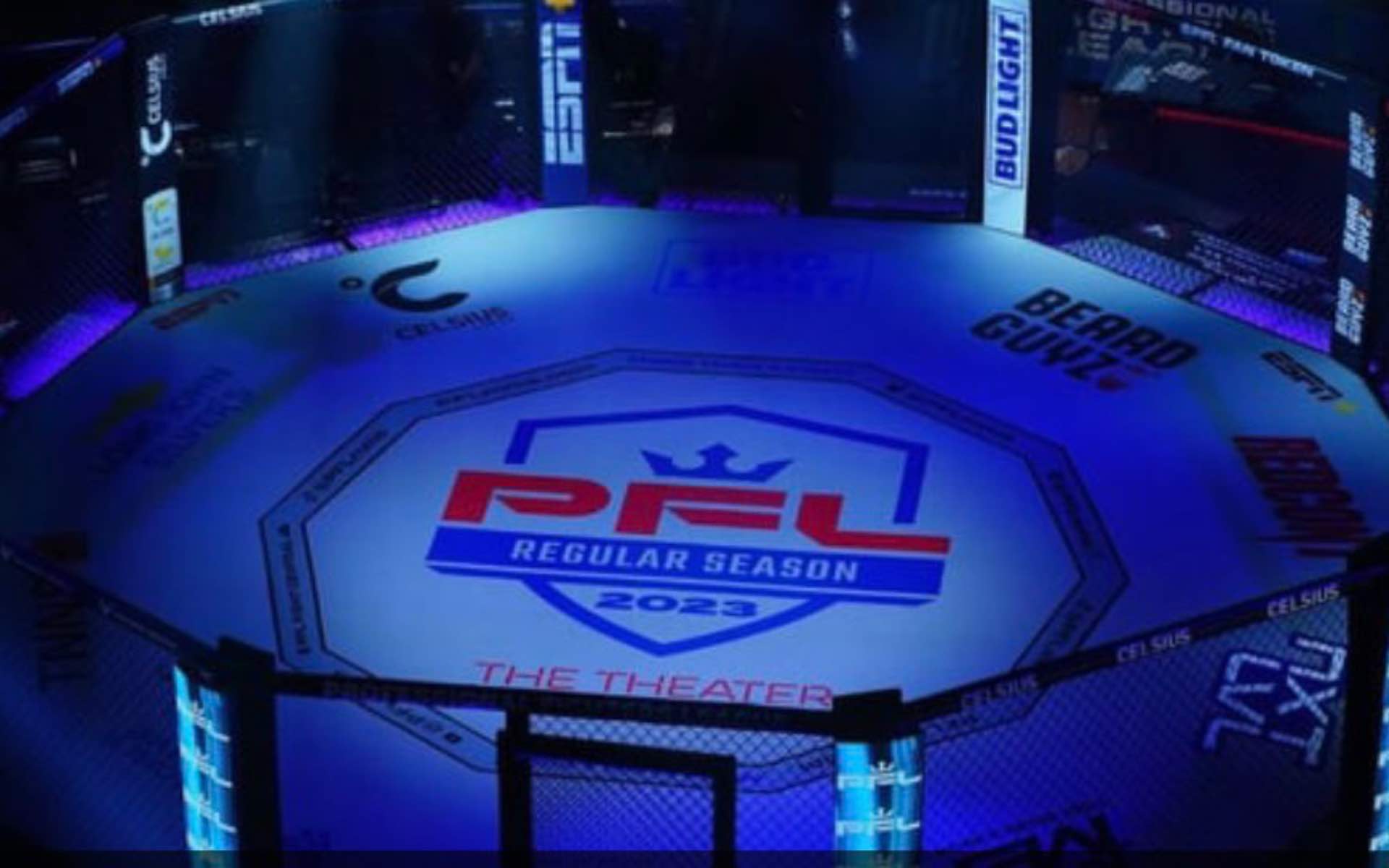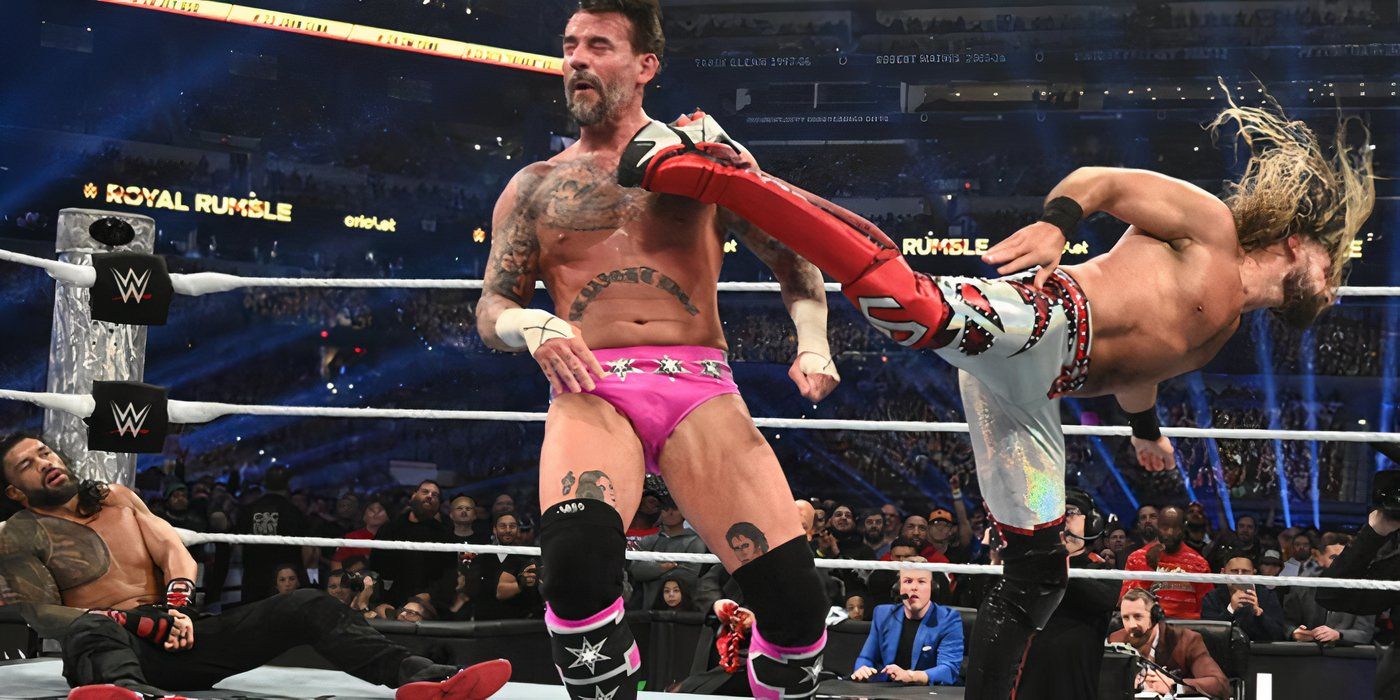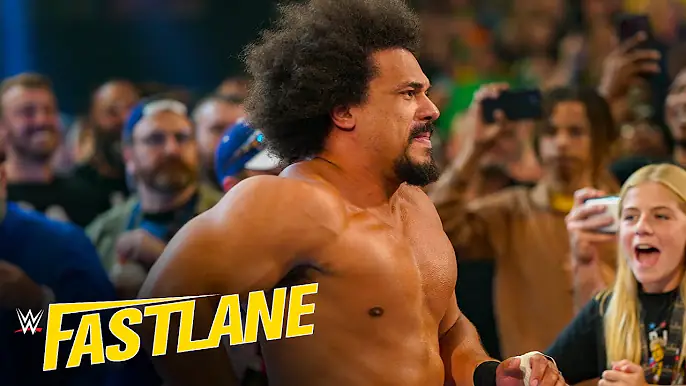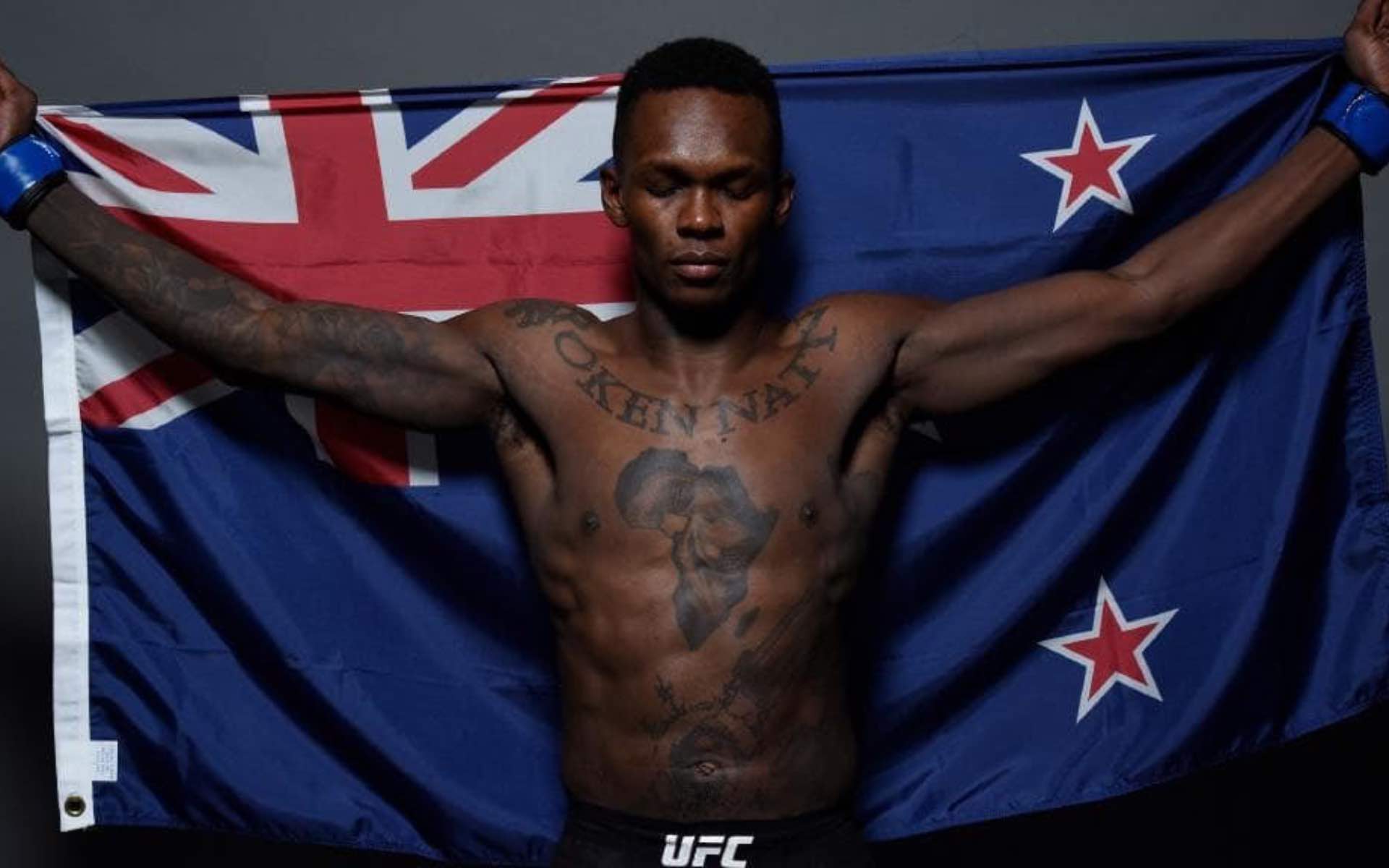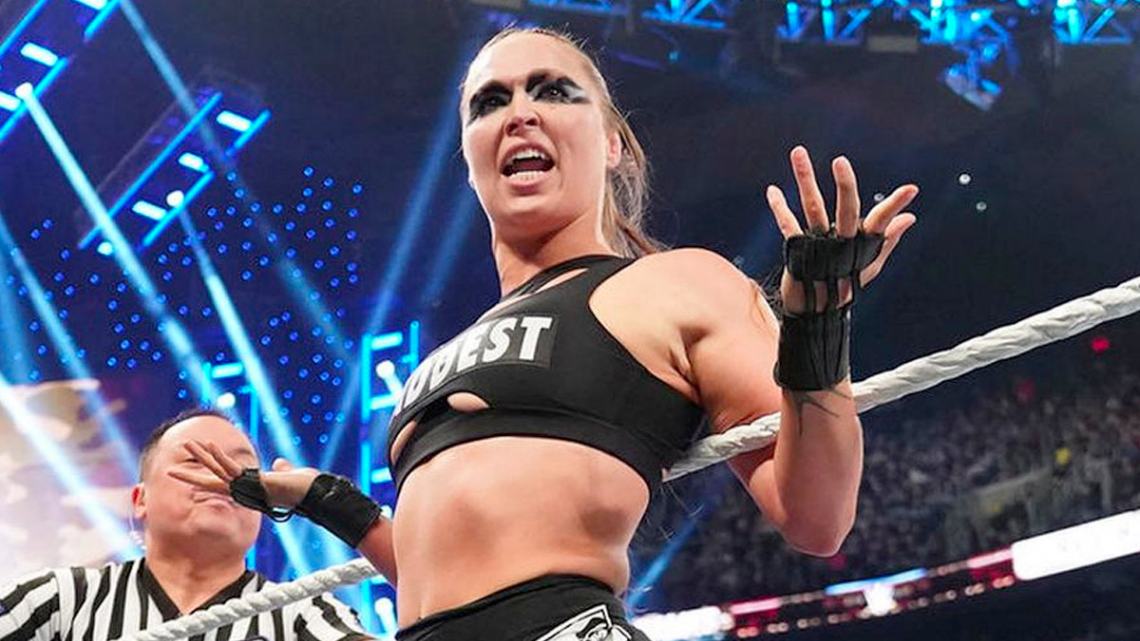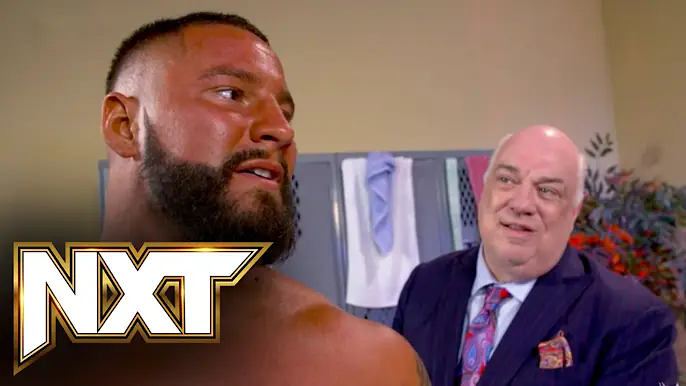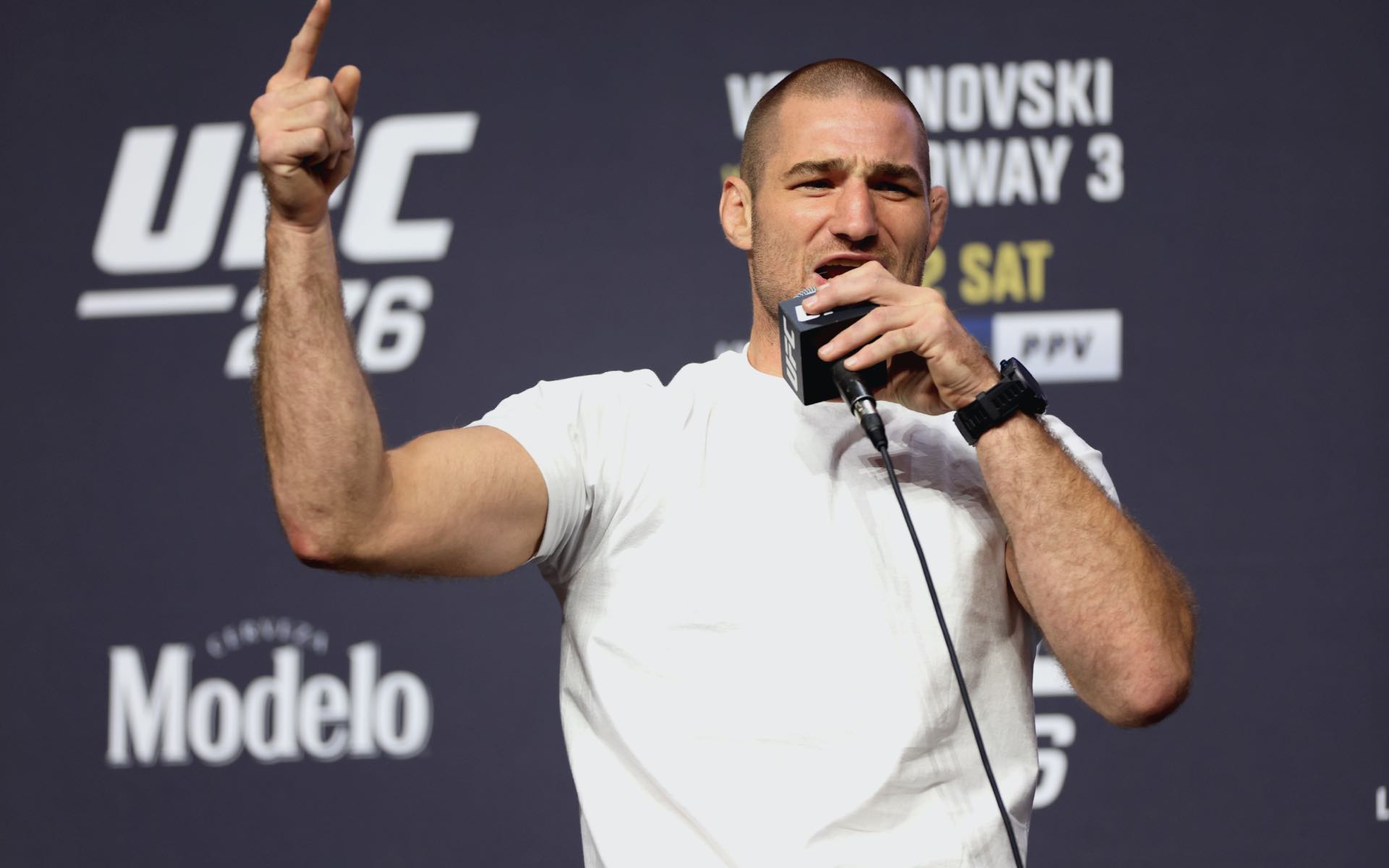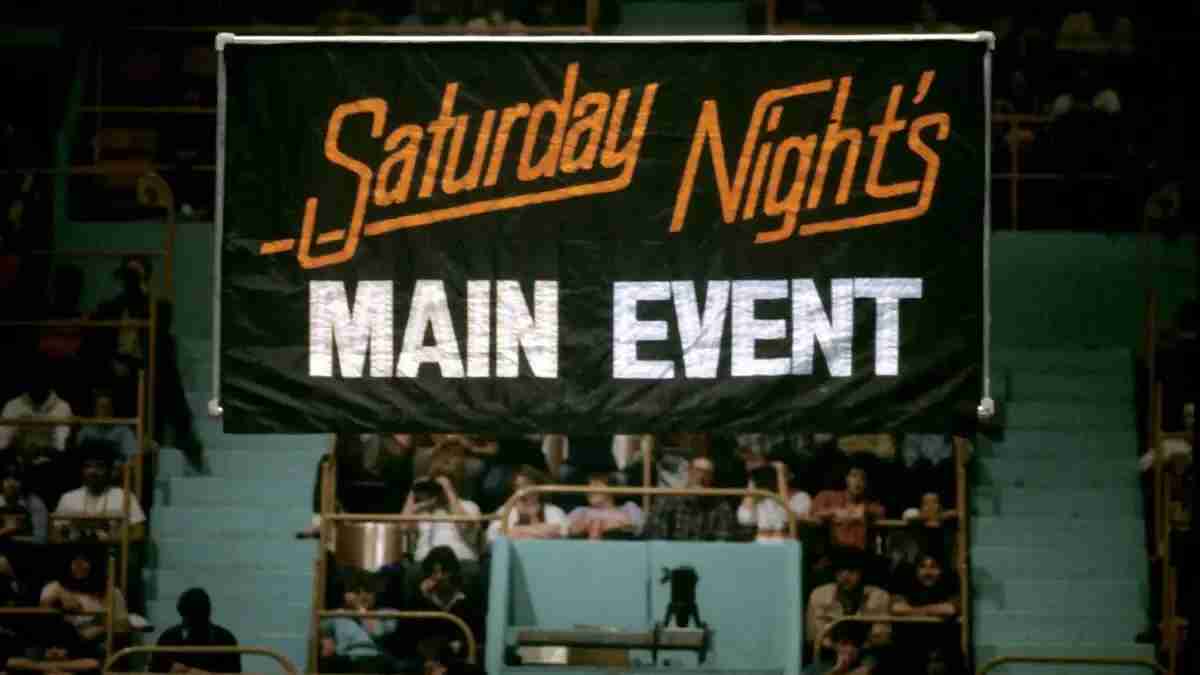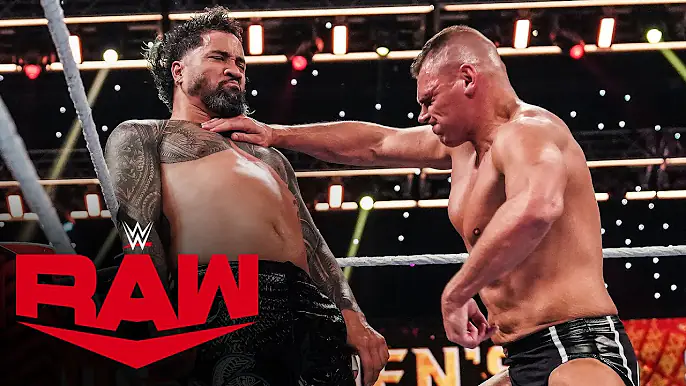The Passing Of WWE Legend Black Bart At 76
The world of professional wrestling is mourning the demise of a true legend, as Richard Harris, who was known to the wrestling world as Black Bart, died on January 9, 2025, at the age of 76. This former WWE and WCW star lost his battle to stage 4 liver cancer in a hard-fought contest against the disease.
A Career of Stories in Professional Wrestling
Black Bart began his career in the squared circle in 1975, the first of what would be almost three decades in the profession. During this time, he would work under many different ring names, including Man Mountain Harris, Hangman Harris, and Hangman Ricky Harris, before finally settling into the Black Bart gimmick that would carry him through most of his career.
Rise to Prominence
Thus, Harris’s wrestling odyssey took him through numerous promotions, each contributing to his growth as a performer and his reputation in the industry. He made significant impacts in:
Mid-Atlantic Championship Wrestling
Georgia Championship Wrestling
Mid-South Wrestling
World Class Championship Wrestling (WCCW)
Universal Wrestling Federation
World Wrestling Federation (now WWE)
World Championship Wrestling
The versatility in his nature, the hard-hitting style of wrestling, made him an important asset for every promotion he ever worked with and helped him get noticed in this competitive world.
Championship Success
The career of Black Bart was punctuated by numerous championship victories and some memorable feuds. Some of the notable accomplishments include:
Winning the NWA National Heavyweight Championship
The titles they captured thrice were those of the GWF World Tag Team Championships.
NWA United States Tag Team Titles (Florida) with Ron Bass
Winning the WCCW World Heavyweight Championship
These awards sealed his reputation as a strong opponent and a dignified member of the wrestling fraternity.
The Black Bart Persona
The Black Bart character was that of a rugged, no-nonsense cowboy heel, which appealed greatly to audiences and his fellow wrestlers alike. His signature move, the “Texas Trash Compactor”—a second-rope leg drop to a prone opponent—would become one of the most feared finishers in rings coast to coast.
Feuds and Matches to Remember
Throughout his career, Black Bart had clashed with some of the biggest names in wrestling history. His matches and rivalries with Ric Flair, Dusty Rhodes, and the Von Erich family are to this day still remembered fondly by fans of classic wrestling.
Perhaps most notably, his time in World Class Championship Wrestling, where he had a rather significant world title run and quite the heated feud with Kerry Von Erich. Their Cotton Bowl main event remains one of WCCW’s greatest moments. 2
WWE Run and Further Career
In 1990, Black Bart arrived in the World Wrestling Federation, now WWE, where he was used for a total of 13 months. Indeed, most of his time consisted of enhancement talent matches, but on occasion, he did get to be matched up against rising stars or established names.
After his time in the WWF, Bart returned to WCW and became part of a stable known as The Desperados, which included Dutch Mantell and Deadeye Dick. Although the planned storyline involving the group and Stan Hansen never materialized, it did show that Bart could fit into many different roles within the industry.
Legacy and Impact
But Black Bart’s influence wasn’t limited to in-ring activity. He was an important trainer of future stars, most notably WWE Hall of Famer John Bradshaw Layfield, better known as JBL. His wrestling school at the Dallas Sportatorium also produced talents like Necro Butcher, further cementing his legacy in the business.
Personal Life and Health Struggles
Outside the ring, Richard Harris has fought his own demons when it comes to health. A diabetic, he had to undergo heart bypass surgery in 2015. In late 2024, it was revealed through fellow wrestler Dutch Mantell’s podcast that Harris was fighting stage 4 liver cancer.
Final Days
The 45-year-old former wrestler had already made up his mind to opt out of further chemotherapy treatment when he could no longer afford the procedure after his insurance ran out. Harris’s decision to go home to die also places his death in the ongoing discussions over healthcare and support for retired wrestlers.
Remembering Black Bart
The wrestling community came together in an outpouring of memories and condolences for Black Bart on social media. He left his mark on professional wrestling both as a performer and a trainer.
Reflections of the Wrestling Era
Black Bart’s career spanned one of the most transformative periods in professional wrestling history—from the territorial days into the national expansion of the WWF to the Monday Night Wars. He saw and was a part of some of the most drastic changes the sport had ever seen.
Territory Days
Black Bart’s early career in the 1970s and 1980s coincided with the height of the territory system in professional wrestling. This era was characterized by regional promotions operating in specific geographical areas, each with its own stars, championships, and storylines.
During this time, Bart honed his craft by traveling from territory to territory, adapting his style and character to suit different audiences and promoters. This period was crucial in developing the versatility and toughness that would define his career.
The National Expansion
The national expansion of the World Wrestling Federation, under Vince McMahon, drastically changed the face and direction of wrestling in the eighties, and Black Bart’s career neatly illustrates this very shift—from regional star to one performing nationally, at least.
His 13-month spell in the WWF during 1990-1991 was pivotal as it happened during the era in which the company consolidated its grip as the largest and most successful player in American professional wrestling. In that context, Bart played little more than the role of an enhancement talent; at the same time, this set him firmly between the end of the territory system and the emergence of a truly national model.
The Monday Night Wars
The latter portion of Black Bart’s active career coincided with one of the more thrilling periods in wrestling history, the Monday Night Wars between WWF and WCW. His stint with WCW in the early 1990s included the whole tenure within The Desperados stable right as things between those two wrestling promotions began heating up.
Although Bart had largely retired from full-time in-ring competition by the height of the Monday Night Wars, his earlier wrestling helped set up this revolutionary time period in the sport.
Black Bart’s Wrestling Style
Known for his rugged, brawling style, Black Bart was the embodiment of that tough, no-nonsense approach that Southern wrestling territories seemed to love. The moveset fitting his cowboy persona to perfection featured power moves and hard-hitting strikes.
Signature Moves
While his finishing move was the “Texas Trash Compactor,” Bart’s arsenals also comprised:
Elbow Drop
Piledriver
Avalanche Hold
These moves, added to his towering 6’4″, 284-pound frame, made him a force to be reckoned with inside the ring.
Notable Matches and Moments
Throughout his career, Black Bart was involved in a lot of memorable matches and moments. The following are just a few of them:
His feud with Ron Garvin over the NWA Mid-Atlantic Championship
Tag team success w/ Ron Bass as the “Long Riders” in Florida Championship Wrestling
His WCC World Heavyweight victory
Matches against Ric Flair during the early days of Flair’s rise to prominence
Encounters with legendary figures such as Dusty Rhodes, Bruiser Brody, and Andre the Giant
Training the Next Generation
Black Bart’s influence went well outside the confines of professional wrestling. He was also an excellent trainer who helped young talent develop into wrestling stars. His most prized pupil, John Bradshaw Layfield, went on to become a WWE Champion and Hall of Famer.
It was from the storied Dallas Sportatorium that Bart had been operating his wrestling school and passing on the knowledge and experience to others. This kind of commitment toward nurturing new talent would go a long way in ensuring that his influence upon the sport would exist well beyond his active career.
Black Bart in Popular Culture
Not as famous as some of his contemporaries, Black Bart has cultivated somewhat of a cult following from wrestling fans. He has been featured in numerous shoot interviews and wrestling documentaries, providing fans insight into the territorial era of professional wrestling.
More recently, professional wrestling history has been all the rage, with many fans and historians looking back on the careers of performers like Black Bart, who played major roles in shaping the sport.
Life After Wrestling: Challenges
The later years of Black Bart bring to the forefront some of the problems many retired wrestlers face. Diabetes, heart problems, and finally liver cancer took their toll on his health. Medical treatments and financial strains from them, as evidenced by his insurance coverage being exhausted, show the difficulties many former wrestlers go through after leaving the ring.
That part of Bart’s story has reignited discussions among wrestlers about life after the profession—how to better care for injuries in retirement and support systems, including better health care and financial planning.
A Lasting Legacy
With the passing of Black Bart, the wrestling world is in a stage of mourning, but without question, he left behind a legacy of being tough and a reliable performer, and to top that, a good trainer. The journey that took Black Bart through professional wrestling’s changing landscape testifies to a man’s love for the sport, a sure testimony of his ability to adapt.
From territorial times in smoky arenas to the WWF and WCW national spotlight, Black Bart’s career captures a moment in wrestling history that is pivotal. The contributions he made inside and outside the ring have left an indelible mark on the industry he loved.
Be it the remembering by fans or colleagues, one thing is for sure: Richard “Black Bart” Harris will be remembered not only for his accomplishments in the ring but also for how he bridged the gap between different generations of professional wrestling and his dedication to passing on his knowledge to the next generation of performers.
Figures like Black Bart are an important link to the past in the ever-changing world of professional wrestling, reminding us of the rich history and tradition that underlie the spectacle we see today. His death signals the end of an era, but his presence will be felt in the squared circle for years to come.
